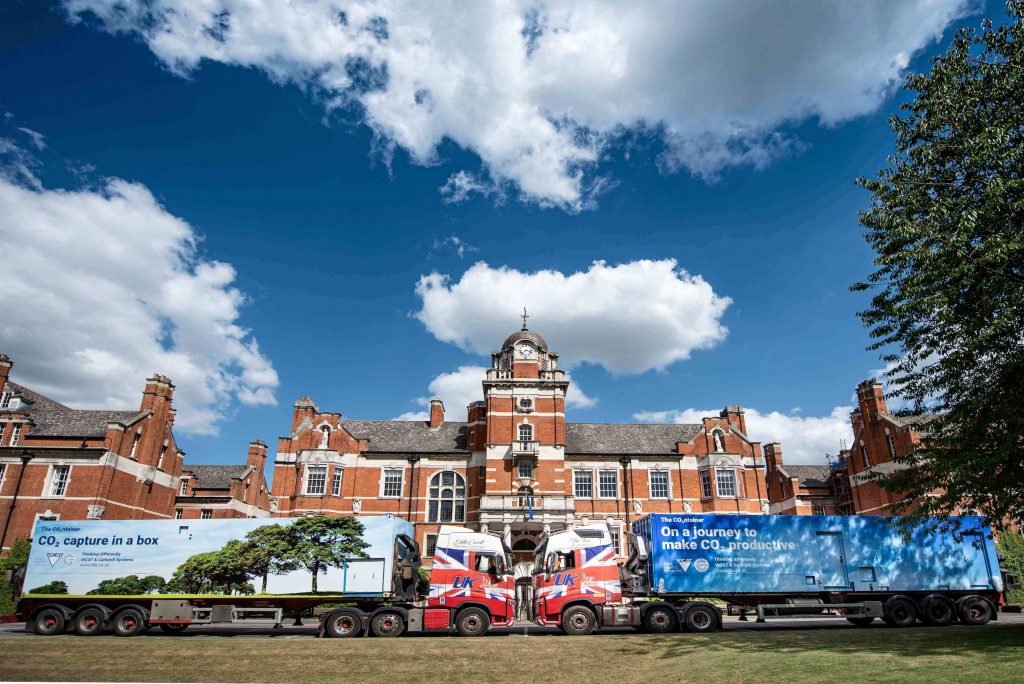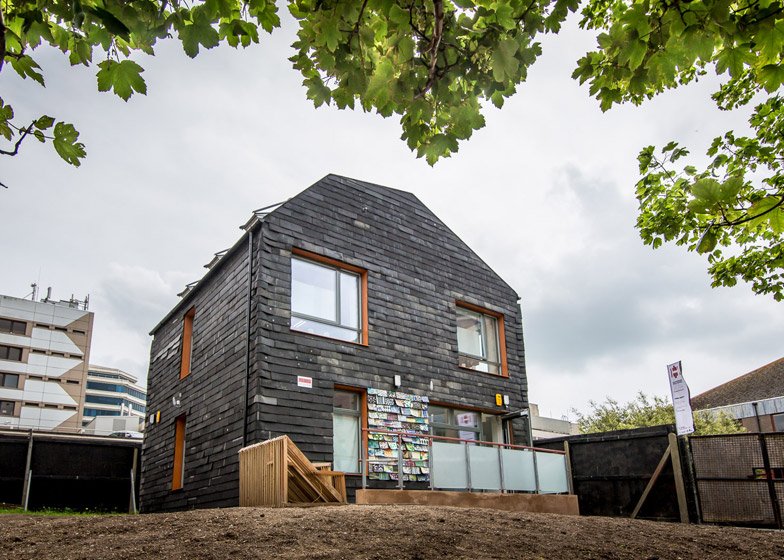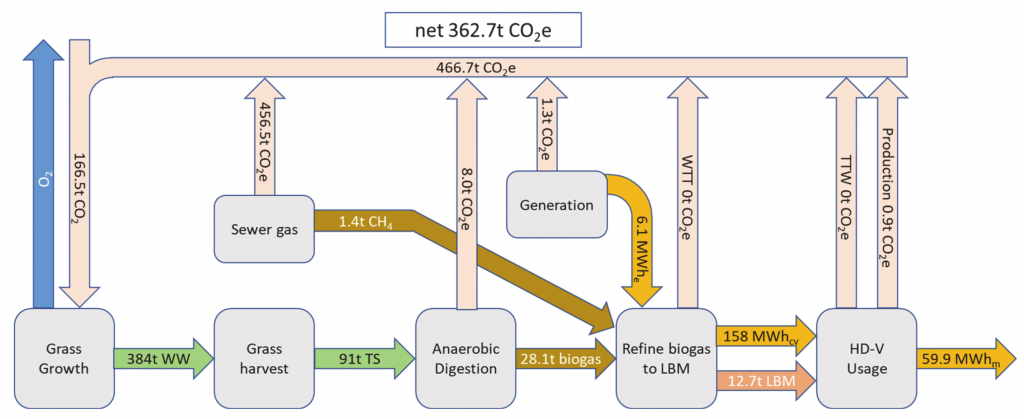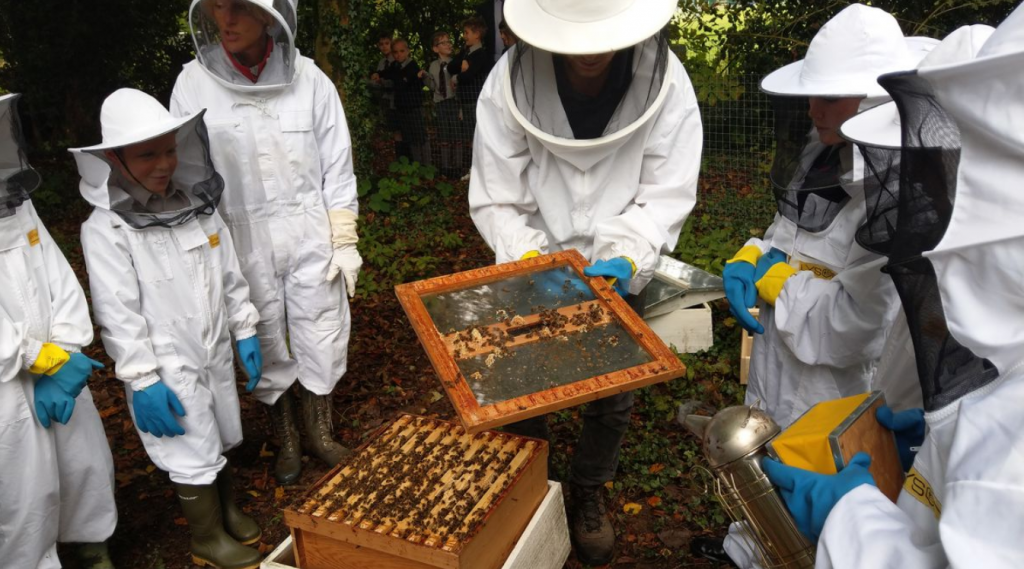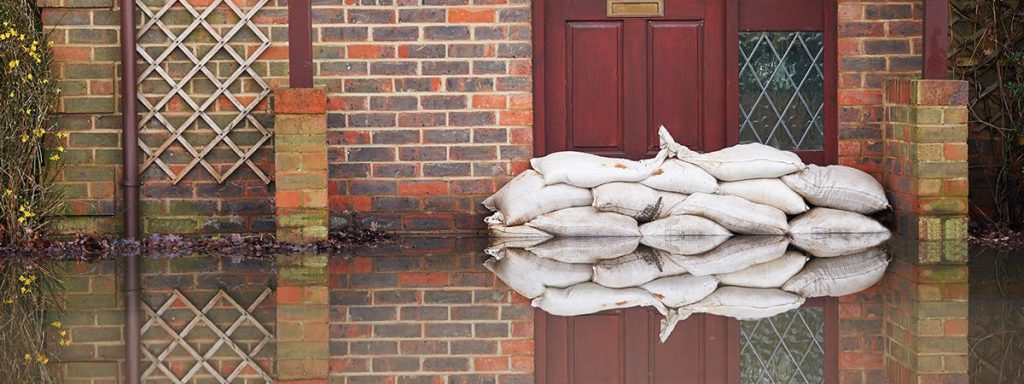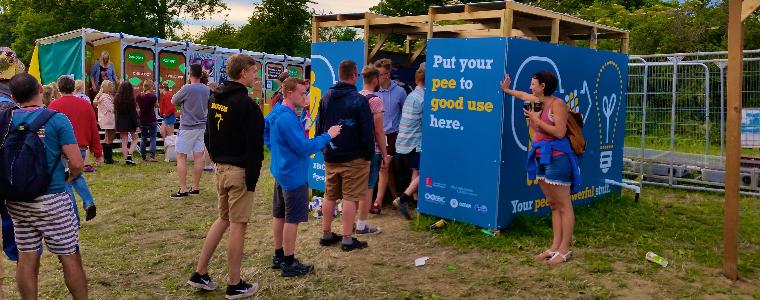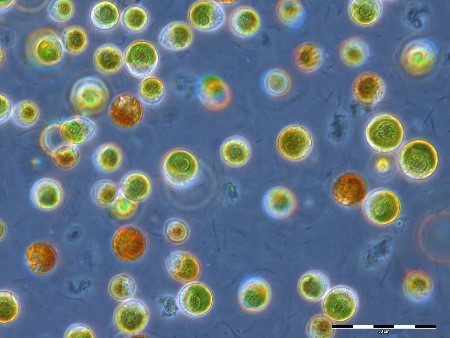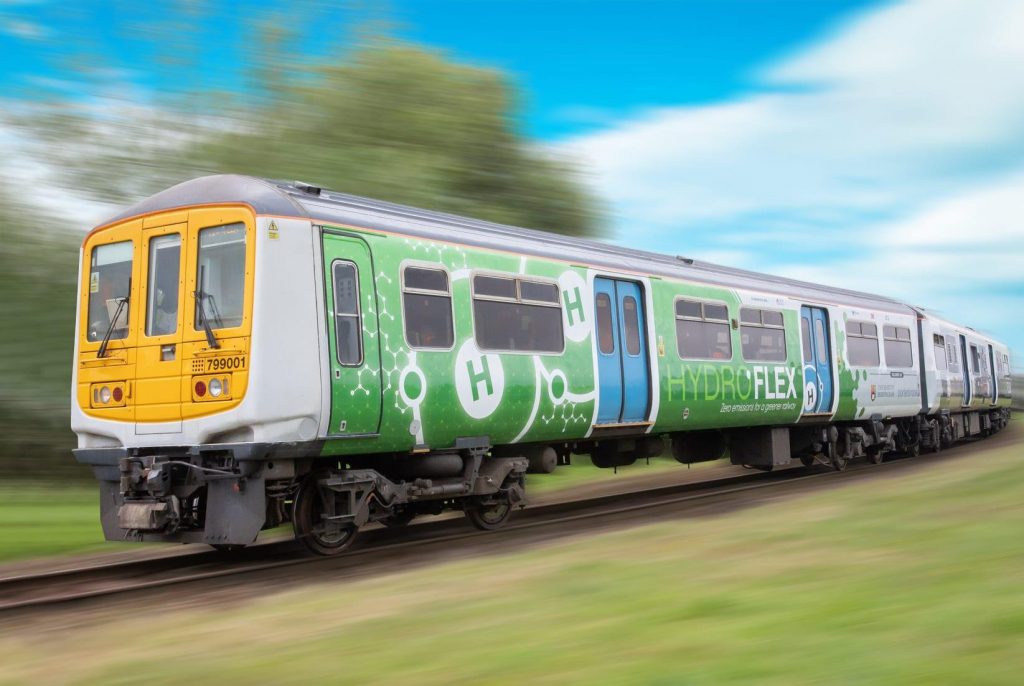Carbon8: made at the University of Greenwich
University of Greenwich technology used in world first mobile plant to strip CO2 from flue-gas and mineralise it to make construction products. Carbon8 Systems, a company launched from the University of Greenwich, signed an agreement with French cement company Vicat Group to deploy its leading technology in a mobile plant that can strip CO2 directly from […]

